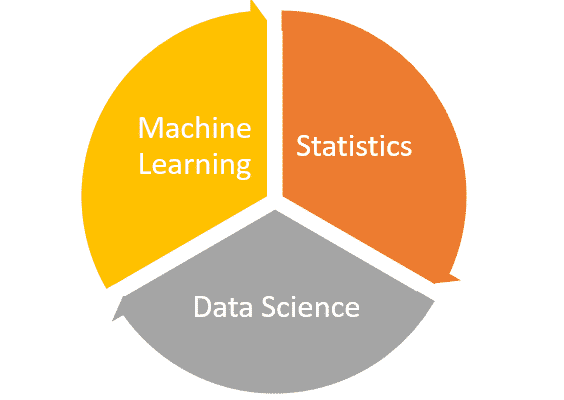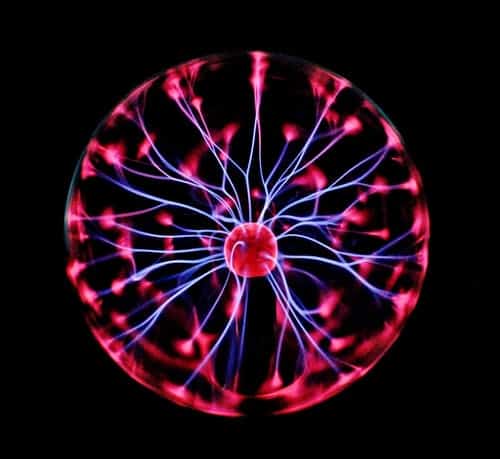What is Data Science? It is a technology that goes behind handling and obtaining meaningful insights from raw & unstructured data. The large amount of data is processed through programming, analytical & business skills. It utilizes theories derived from many fields such as mathematics, statistics & information science.

Data Science Components
Statistics
Data is manipulated to extract relevant information out of it. The mathematical foundation of Data Science is statistics. Without getting a clear knowledge of statistics and probability, there is a high possibility of misinterpreting data and reaching to incorrect conclusions. Hence, the reason why statistics and probability play a crucial role in this space.
Machine Learning
As a Data Scientist, you will be using Machine Learning algorithms such as regression and classification methods. It is very important for a Data Scientist to know Machine Learning as a part of their job so they can create pattern from available data and implement into the model. There are many machine learning techniques such as Supervised learning (parametric/non-parametric algorithms, support vector machines, kernels, neural networks) and Unsupervised learning (clustering, dimensional reduction, deep learning).
Importance of Data Science
- Data science helps sectors for better marketing & customer acquisition.
- It helps business processes in solving various challenges & assist in prompt decision- making.
- It is helpful to derive hidden patterns & trends from the data.
- Businesses use for innovation & enriching customers experiences.
Data Science Industries Best Practices
Finance
This industry use data science for automating various financial tasks in order to carry out strategic decisions of the company. It also enables the financial institutions in creating personalized experience with their customers.
Manufacturing
It has been broadly used in the field of manufacturing for reducing costs, optimizing production & enhancing profits. Industries can easily optimize their production hours & monitor their energy costs.
Healthcare
It plays an important role in the healthcare sector. By using its various tools & techniques, the surgeons are able to detect cancers & tumors at an early stage. To figure out treatment based on patterns of a patient’s disease has become a lot easier.
E-commerce
What Data Science has transformed the E-commerce industries in a variety of ways which helps in identifying a potential customer base, optimizing price structure & forecasting trends.
It has been proved successful in creating a vast impact on various industries. It has transformed the working of innumerable sectors & still on its way to explore the remaining untapped areas.
Data Science Tools
Based on my experience, the common tools used are Python, R etc.
Python is particularly known as an all-purpose tool especially good for data munging. It can also be used for data mining, thanks to the scikit-learn package. It also shows insights or patterns based on its fast growing graphing abilities.
R is a bit lacking on data munging compared to Python because of its nature of being “statistically complete”. It means that any statistical thing you have ever heard of is most likely already represented by a R package. R is great for investigate the data and running algorithms on different parameter settings. It makes R a great tool for prototyping it. For an example, to identify the key feature setting as well as enough machine learning algorithm with parameter setting before you start to write complicated production code for “real”. In addition, R is also powerful with its visualization packages and can be used to turn a repeatable data mining piece into a insightful report.
The major difference between Data Analytics and Data Science is that data science gives a broader insights and goal is to ask the right questions and answered based on the patterns while Data analytics involves more of a focused approach where the answers are discovered based on actionable data. In simple words, Data science produces broader insights that concentrate on which questions should be asked whereas Data Analytics emphasizes discovering answers to questions being asked.
Do keep in mind that 80% of data science or machine learning jobs is to do data wrangling. This alone should give some insight into the direction of this space.
Click Here to know more about – How to build portfolio for Data Science Jobs


